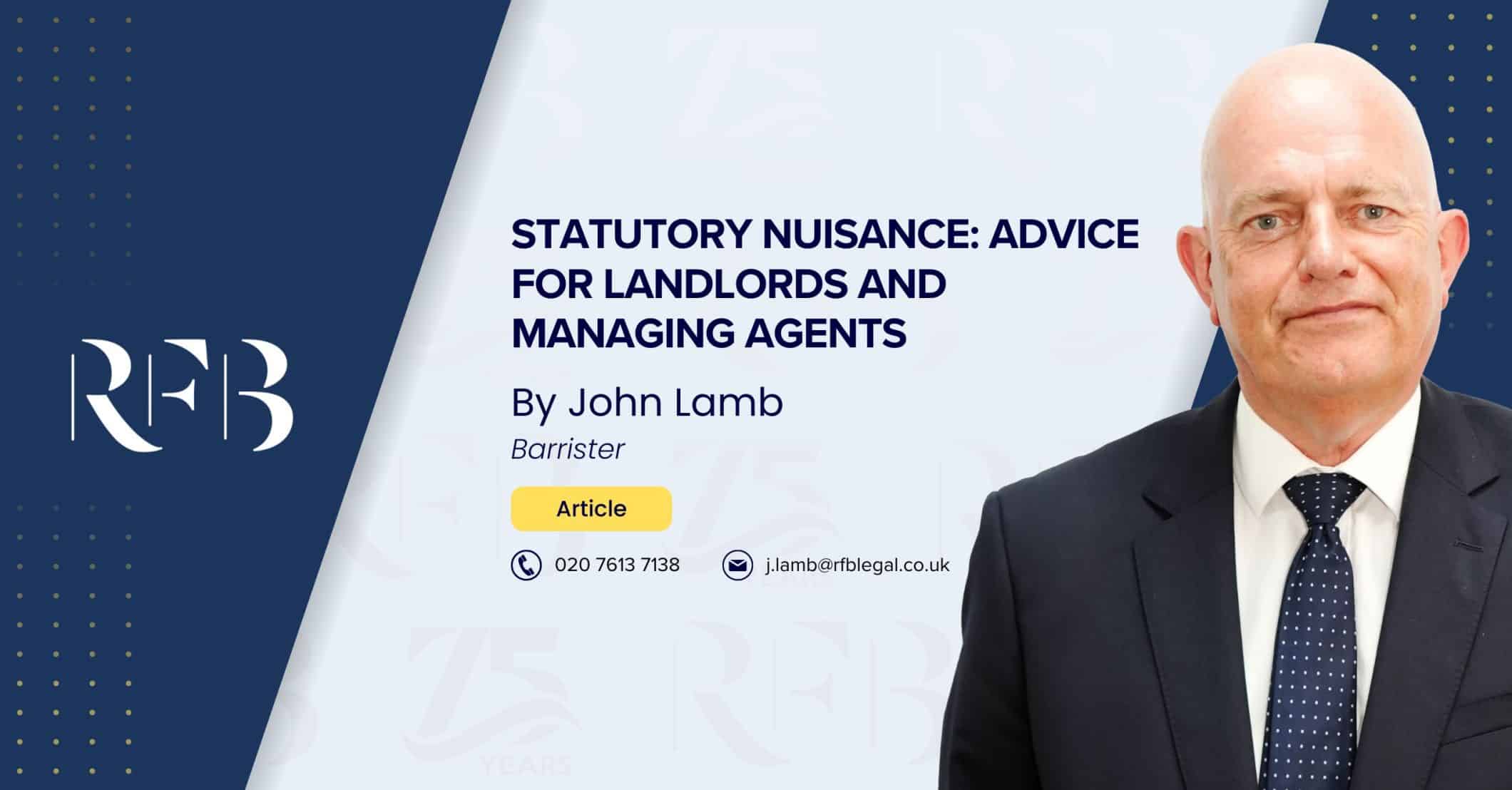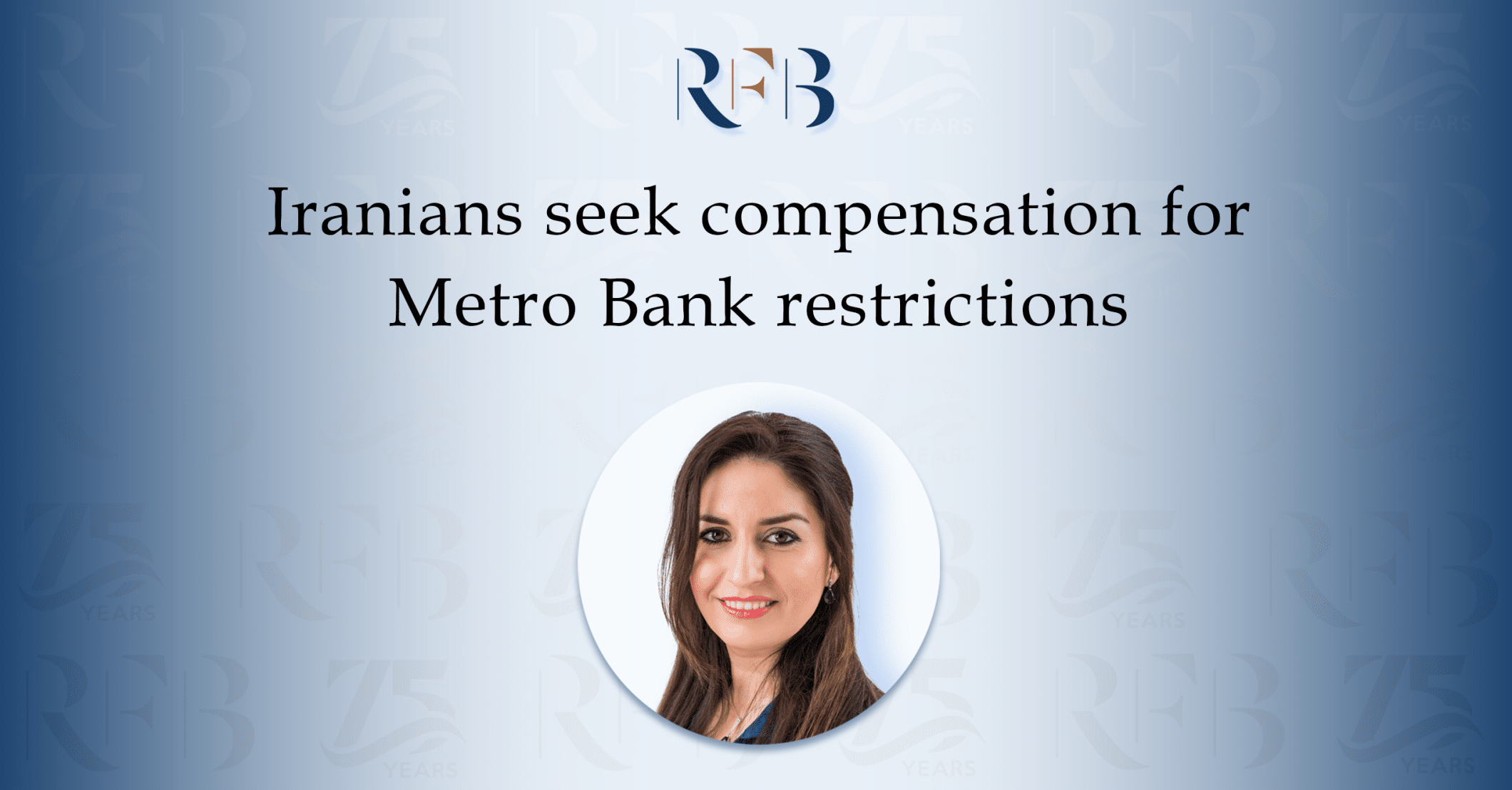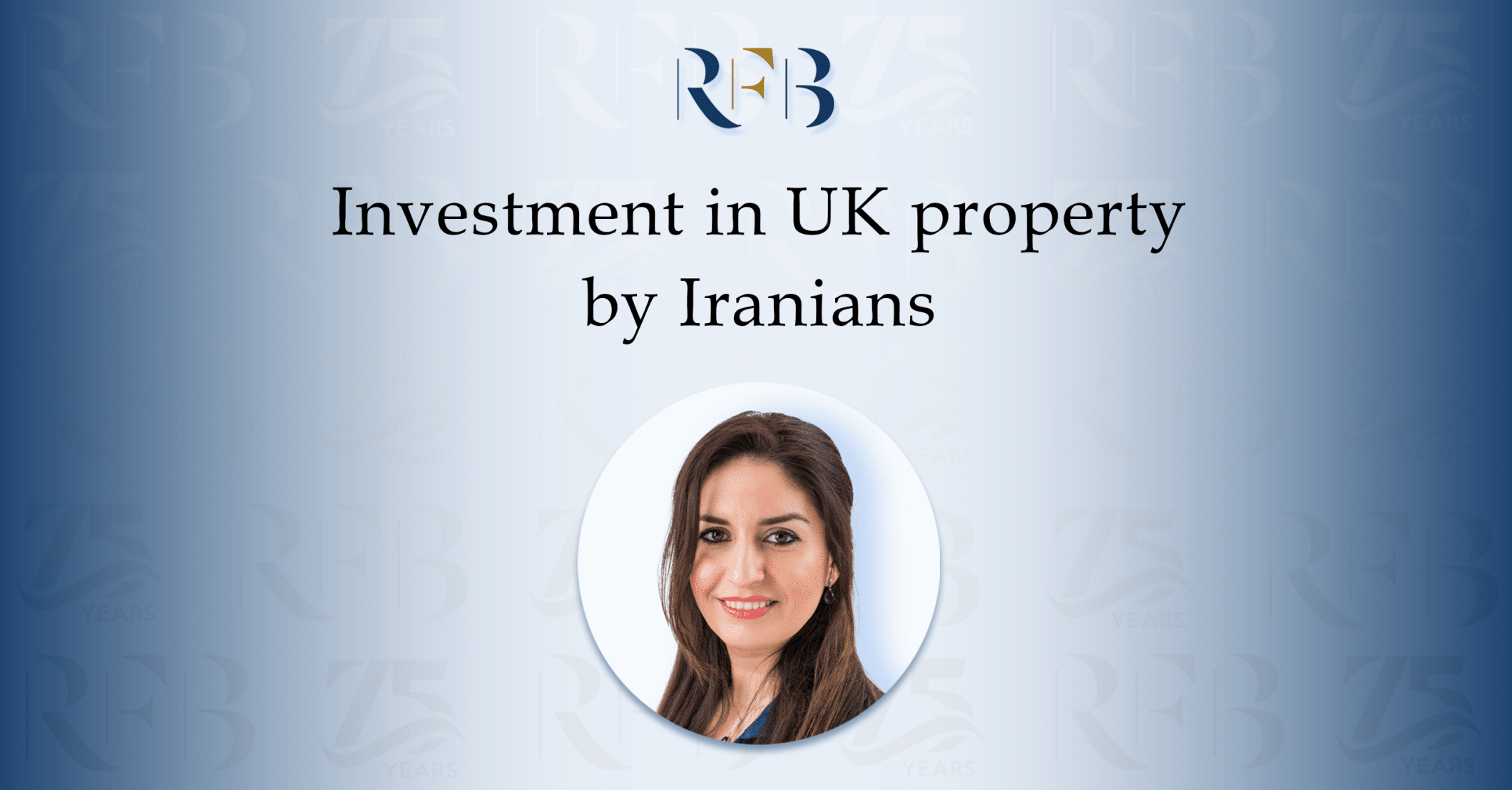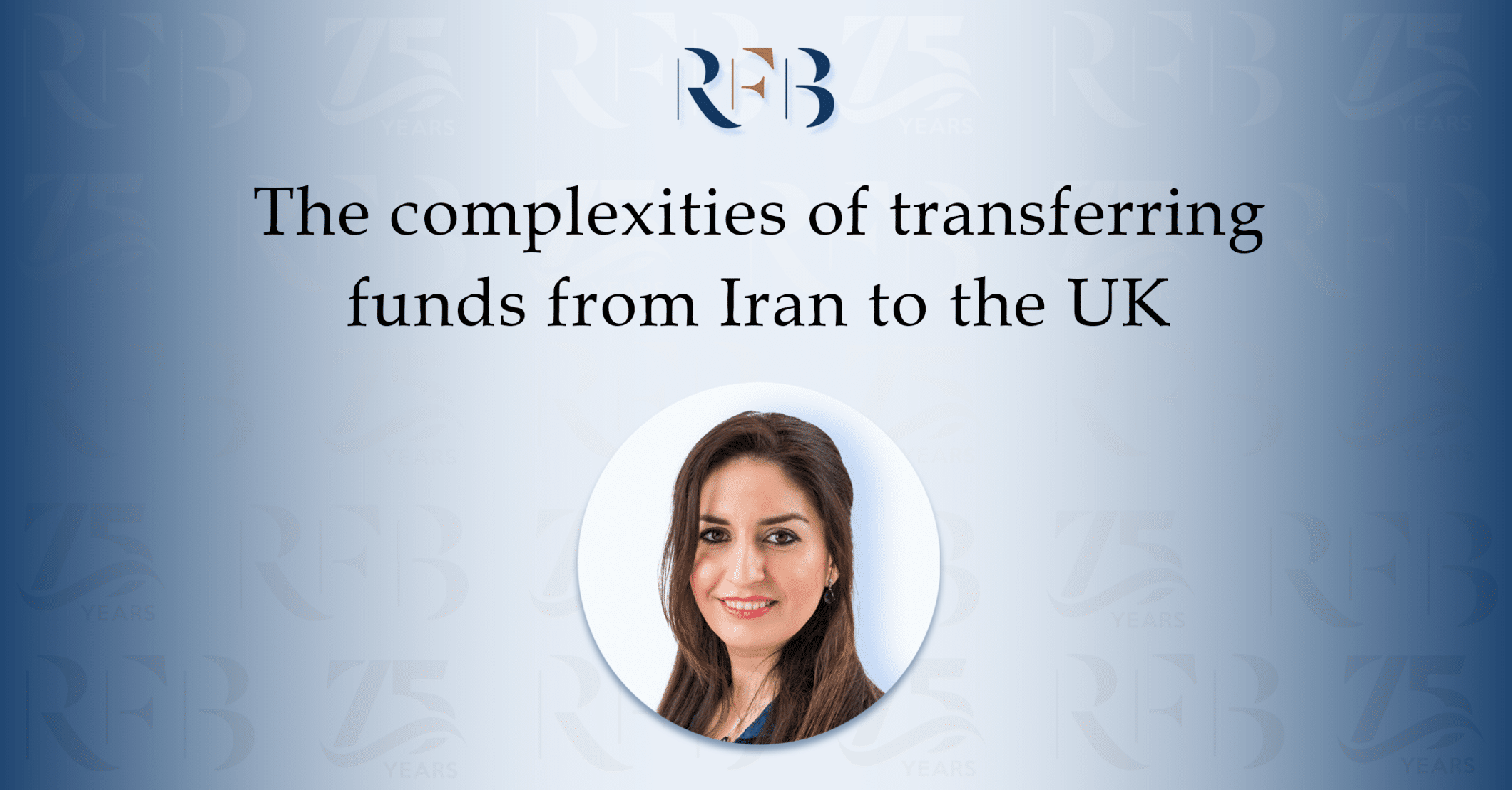Police Investigations of Fund Transfers from Iran
Transferring funds from Iran to UK bank accounts can be a complex matter with some potential legal pitfalls and risks. Rokhsareh Vahid, Ronald Fletcher Baker LLP, explains the process and offers some helpful tips for the best – and safest – way to proceed.
There is no law prohibiting British banks from receiving funds from Iran. In fact, British officials have encouraged reinstatement of the UK-Iran banking relationship and the Bank of England reactivated licences for UK-based Iranian banks in London in January 2016. However, more than two years later, no direct banking channels (SWIFT) exist between Iran and UK, and British banks do not welcome Iran-related funds.
As a result, with Iranians having no options to directly transfer their funds from Iran to the UK they are forced to use money exchange companies. Money exchange companies normally hold currency on both sides of the transaction, i.e. in Iran and in the UK. Therefore, they receive Rials in Iran and deposit pounds into the relevant UK bank account. In most cases, deposit of pounds in the UK is made in multiple cash and third party payments. This is suspicious to compliance officers and law enforcement officers and often results in the UK bank account being frozen or closed and/or police investigations.
Police Investigations
It is not illegal for you to instruct a money exchange company in Iran to transfer your funds. However, it is extremely important that you carefully evaluate these companies before doing so. The money exchange company should have a compliance process and it should be completing a due diligence review of individuals and entities who will be depositing funds into your UK bank account.
If you receive funds from an individual who has been listed for fraud or other reasons, the bank has a duty to alert certain law enforcement officers. In other cases, law enforcement agencies may initiate contact with your bank due to an ongoing silent investigation about a person or entity who sends funds to you. Either way, being associated with such entities or persons can lead to police interviews, freezing orders on your bank accounts and even arrest and detention.
It is extremely important that you deal with any police action as soon as you become aware of it. It would be naïve to believe that you can quickly resolve these issues by directly speaking with the police. Doing so can complicate matters leading to higher legal costs. This is partly because some officers are unfamiliar with the method of fund transfer between Iran and the UK and, upon review of your account, they suspect money laundering. Alternatively, if the funds you have received are suspected of being linked to crime, you may be investigated for possession of such funds and a prosecution sought on this basis.
We deal with matters of this nature on a regular basis. In most cases where we are instructed at an early stage of police involvement, we are able to quickly and effectively conclude the matter successfully. However, in cases where the matter has progressed and there have been arrests and freezing orders, the process of resolving the matter can take longer.
Bank Account Restrictions and Closures
Cash and third party deposits into an account provide a basis for banks to review the account and request an explanation. In most cases, Iranians have complete and clear documentation of source of funds and they can explain account activity. Should a bank not undertake a proper investigation or disregard the explanation and proceed to close an account merely for receiving Iran-related funds, it may be unlawful discrimination.
If the bank acts in this way, we can work on reinstating your bank account, and advise on compensation should that be appropriate. In the majority of cases, this is accomplished before issuing court proceedings as most banks do not want the publicity of being faced with a race discrimination claim.
Helpful Tips
As you prepare to transfer your funds, you can take the following steps to minimise your risks:
1. Hire a UK-based FCA- authorised money exchange company to facilitate your money transfers.
These companies can receive Rials from you in Iran and then deposit pound into your UK bank account from their UK business account.
If you need a list of UK-based money exchange companies, please contact our Iran Desk.
2. Prepare complete documentation of your source of funds.
Regardless of the method of transfer, you should have complete documentation to prove your source of funds such as a translated sales contract, tax returns, or rental agreements.
If you are unsure of what documents you need to prepare, please contact our Iran Desk and we will be happy to guide you.
3. Obtain formal bank approval in advance.
We regularly obtain approvals from our clients’ banks so they can receive their funds from Iran. This includes organising your source of funds documentation and connecting you with FCA-authorised money exchange companies so that your funds are transferred. This allows you to receive your funds in a legitimate and transparent manner and will eliminate risks of account closures and account restrictions.
4. Contact us immediately if the police or the bank makes any enquiries regarding your transactions or if the bank restricts or closes your bank account.
The sooner you contact our firm, the more efficiently we can assist you.
Disclaimer
This article provides only general information and does not constitute legal advice. Every case is different and has to be evaluated on its own merit. To learn more about your rights and the options available to you, please contact our Iran Desk.







